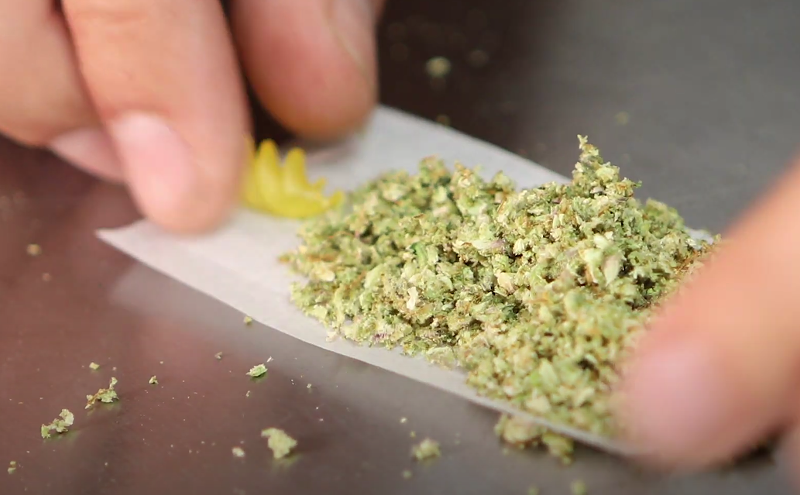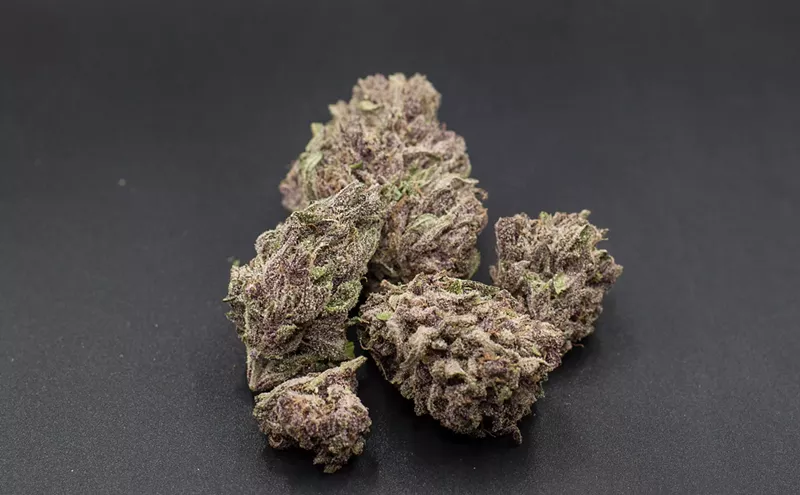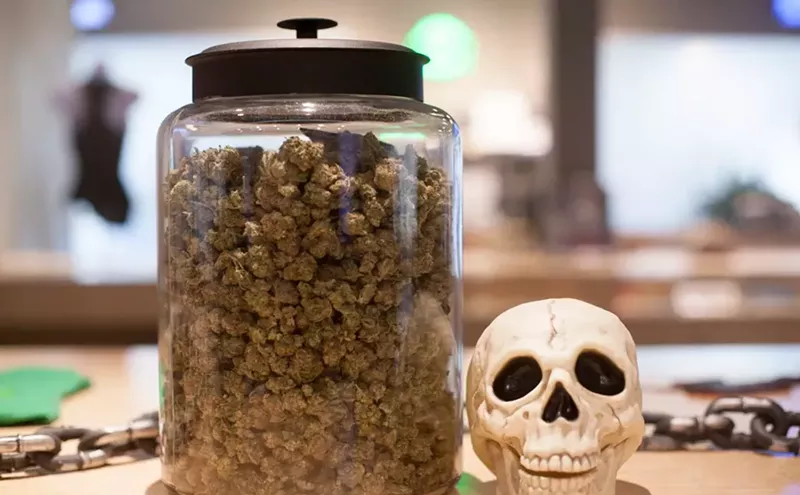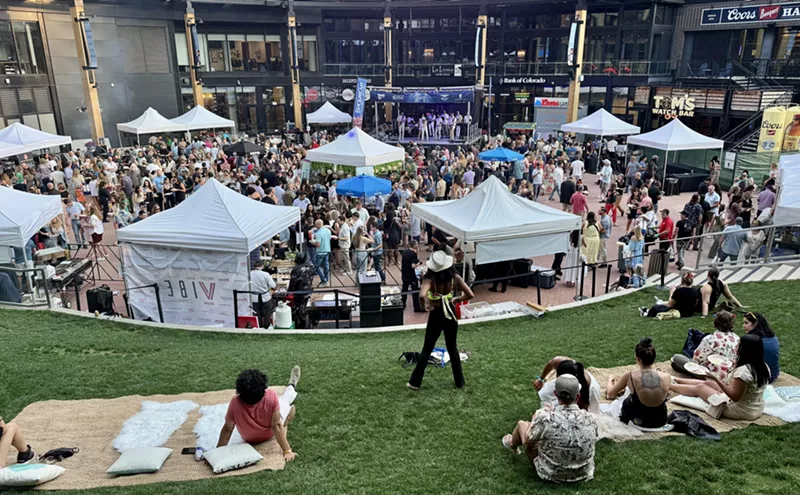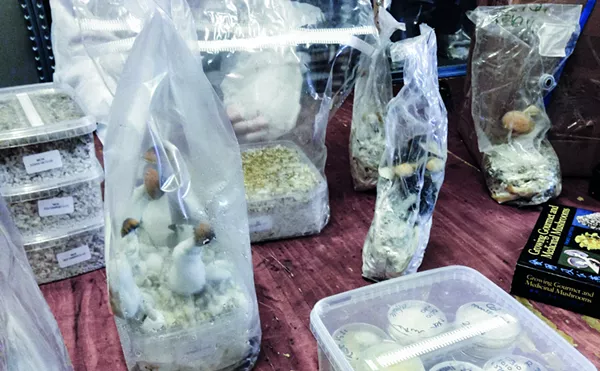The legal-marijuana industry in the United States is projected to reach nearly $10 billion in sales in 2017, a 33 percent rise over 2016, according to Arcview Market Research and BDS Analytics.
While much of that growth can be attributed to a new retail market in Nevada and more states legalizing medical marijuana, Colorado is still the biggest player in the industry. We generated more retail cannabis sales through the first half of 2017 than any other legalized state. The $512 million in recreational pot business that Colorado did during that span was more than 17 percent higher than Washington’s retail sales ($436 million) and over 190 percent higher than Oregon’s ($175 million). Figures are not available for Nevada, which opened retail dispensaries in July (and saw $27 million in sales that month).
According to Westword calculations based on Colorado Department of Revenue tax data, this state’s pot businesses sold $1.16 billion in product from January to September 2017, up from $974.3 million during the same span in 2016.
Although California, slated to start recreational sales on January 1, 2018, is expected to quickly overtake Colorado as the biggest retail pot market in the country — its medical market already dwarfs our medical and retail market combined, according to Arcview — Colorado has enjoyed a four-year run as the world’s capital of retail pot. And even as the Sunshine State retakes its place as the epicenter of cannabis, Colorado will still be huffing and puffing along, having already dealt with the regulatory issues and legal spats that California will soon face on a much grander scale, thanks to its vastly larger population and geographical diversity.
BDS analyst Michael Arrington says that Colorado is the “model state” for cannabis legalization.
“They did a very good job — not without hiccups, of course, but Oregon and Washington have run into bigger problems,” he says. “Washington has a large excise-tax burden, and that creates a lot of issues. There’s also cross-border problems, because Oregon doesn’t have sales tax and Washington does.”
Although not every Colorado town was on board when retail sales began in 2014 (Amendment 64 gave each municipality the right to decide whether to allow pot businesses in their jurisdiction), the Marijuana Enforcement Division’s efforts to streamline the licensing process for new businesses and the industry’s increasing earning power have made some county boards and city councils rethink their original positions on pot. In January 2014, 25 Colorado towns and counties issued licenses for 147 recreational dispensaries, according to the MED. By December 2017, nearly 75 towns and counties had issued licenses for 505 retail dispensaries. Many jurisdictions that have changed their stance, such as Commerce City, Longmont and Thornton, are close to Denver and have seen the positive effects the industry has had on the Mile High City.
And that may not change anytime soon: Arrington doesn’t think that new marijuana industries in other states will impact Colorado’s growth.
“The states are fairly independent of each other, because no legal cross-state traffic happens,” he says. “Surely people buy it and transport across states, but in general, I’d say that states have very little impact on each other unless they directly border each other with different rules, like Oregon and Washington.”

Audio By Carbonatix
[
{
"name": "GPT - Billboard - Slot Inline - Content - Labeled - No Desktop",
"component": "23668565",
"insertPoint": "2",
"requiredCountToDisplay": "2"
},{
"name": "STN Player - Float - Mobile Only ",
"component": "23853568",
"insertPoint": "2",
"requiredCountToDisplay": "2"
},{
"name": "Editor Picks",
"component": "17242653",
"insertPoint": "4",
"requiredCountToDisplay": "1"
},{
"name": "Inline Links",
"component": "18838239",
"insertPoint": "8th",
"startingPoint": 8,
"requiredCountToDisplay": "7",
"maxInsertions": 25
},{
"name": "GPT - 2x Rectangles Desktop, Tower on Mobile - Labeled",
"component": "24956856",
"insertPoint": "8th",
"startingPoint": 8,
"requiredCountToDisplay": "7",
"maxInsertions": 25
},{
"name": "Inline Links",
"component": "18838239",
"insertPoint": "8th",
"startingPoint": 12,
"requiredCountToDisplay": "11",
"maxInsertions": 25
},{
"name": "GPT - Leaderboard to Tower - Slot Auto-select - Labeled",
"component": "17676724",
"insertPoint": "8th",
"startingPoint": 12,
"requiredCountToDisplay": "11",
"maxInsertions": 25
}
]




